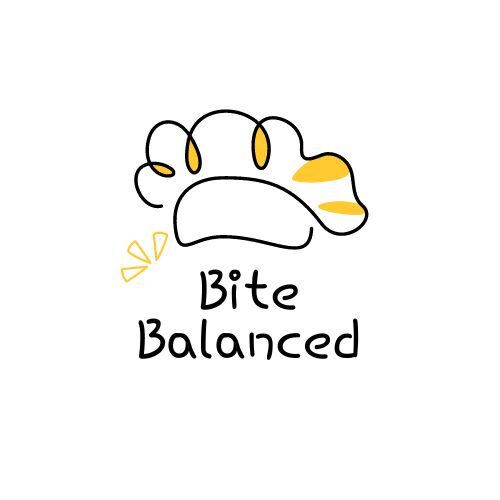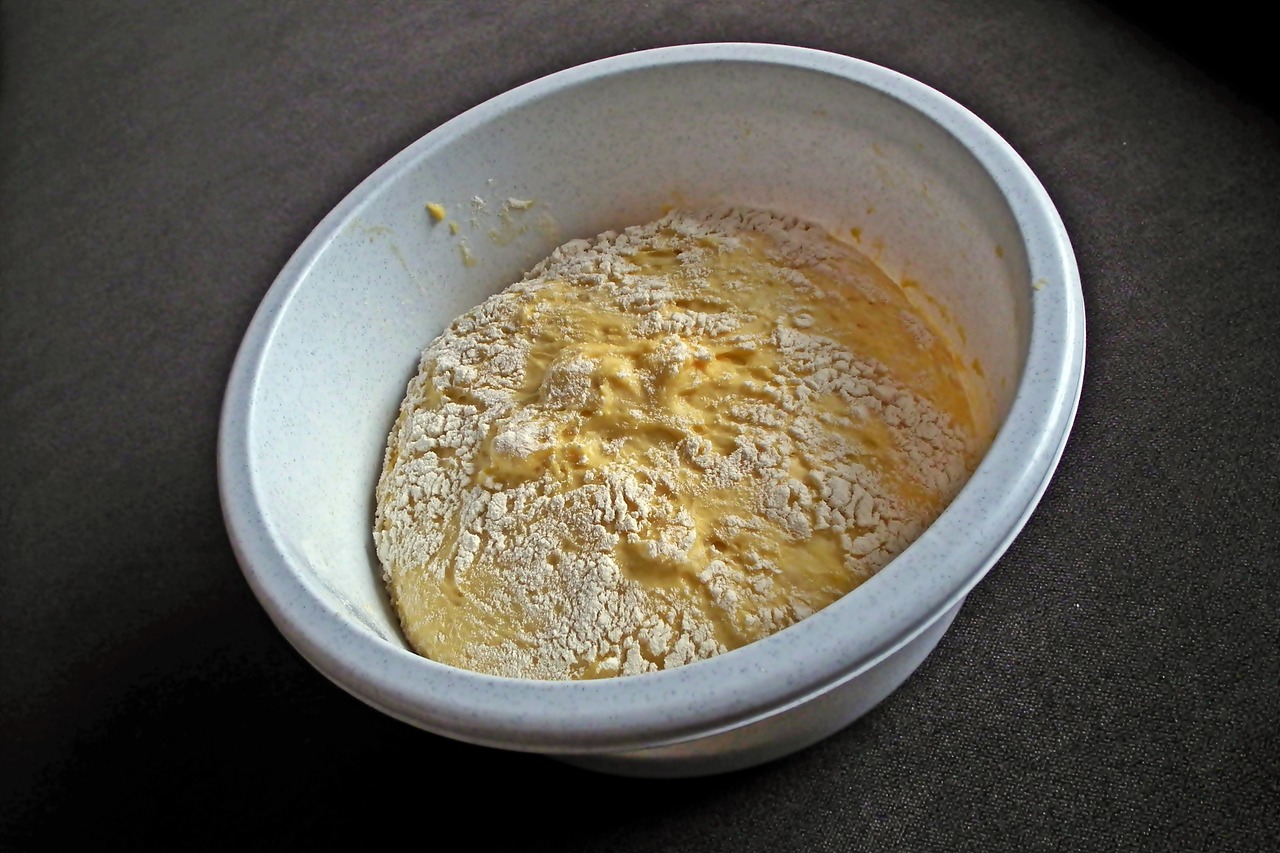Nutritional yeast, known for its cheesy flavor and nutrient density, has gained significant attention not only for its culinary uses but also for its potential neurobiological benefits. This deactivated yeast, typically derived from Saccharomyces cerevisiae, is rich in B vitamins, proteins, and other essential nutrients that play a crucial role in brain health.
Composition of Nutritional Yeast
Nutritional yeast is like the Costco of nutrients. It contains:
- B Vitamins: Particularly B12, which is essential for nerve function and the production of DNA and red blood cells.
- Amino Acids: It is a complete protein, providing all nine essential amino acids necessary for protein synthesis and neurotransmitter production.
- Minerals: Including zinc, selenium, and magnesium, which are critical for various enzymatic functions in the brain.
- Beta-glucan: A type of soluble fiber that has been linked to improved immune response and reduced inflammation.
B Vitamins and Brain Function
B vitamins, particularly B6, B9 (folate), and B12, are crucial for maintaining brain health and cognitive function. These vitamins play several roles in the neurobiological processes:
- Homocysteine Regulation: Elevated homocysteine levels are associated with cognitive decline and neurodegenerative diseases. B vitamins help to metabolize homocysteine into methionine, reducing its neurotoxic effects.
- Neurotransmitter Synthesis: B6 is essential for the synthesis of neurotransmitters such as serotonin, dopamine, and gamma-aminobutyric acid (GABA), which regulate mood, sleep, and cognitive functions.
- Myelin Sheath Formation: B12 is vital for the production and maintenance of the myelin sheath, the protective covering around nerves. Myelin is essential for efficient signal transmission between neurons.
Amino Acids and Neurotransmitter Production
Amino acids are the building blocks of proteins and neurotransmitters. Nutritional yeast provides all essential amino acids, supporting various aspects of brain function:
- Tyrosine and Tryptophan: Precursors to dopamine and serotonin, respectively. Dopamine is involved in reward and motivation, while serotonin regulates mood and anxiety.
- Glutamate: The primary excitatory neurotransmitter in the brain, which is critical for synaptic plasticity, learning, and memory.
Mineral Contributions to Cognitive Health
Nutritional yeast is a rich source of several minerals that support brain health:
- Zinc: Plays a role in synaptic plasticity and is essential for neurogenesis (the formation of new neurons). Zinc deficiency is linked to impaired cognitive function and mood disorders.
- Magnesium: Involved in over 300 enzymatic reactions, magnesium is crucial for nerve transmission and neuromuscular conduction. It also has a calming effect on the nervous system and can enhance sleep quality.
- Selenium: Functions as an antioxidant, protecting brain cells from oxidative damage, which is implicated in neurodegenerative diseases like Alzheimer’s.
Beta-glucan and Neuroprotection
Beta-glucan, found in nutritional yeast, has immune-modulating properties that extend to brain health:
- Anti-inflammatory Effects: Chronic inflammation is a risk factor for neurodegenerative diseases. Beta-glucan reduces systemic inflammation, which can, in turn, protect the brain.
- Gut-Brain Axis: Beta-glucan promotes a healthy gut microbiome, which is increasingly recognized for its role in mental health. A healthy gut can reduce systemic inflammation and produce neuroactive compounds that benefit brain function.
Nutritional yeast is rich in B vitamins, amino acids, minerals, and beta-glucan which support various brain functions, from neurotransmitter synthesis and myelin formation to neuroprotection and inflammation reduction. Not to be cheesy, but including nutritional yeast in your diet can be a delicious and effective way to enhance brain health and overall well-being.
As always, it’s important to incorporate such supplements as part of a balanced diet and consult with healthcare professionals when making significant changes to your diet.



